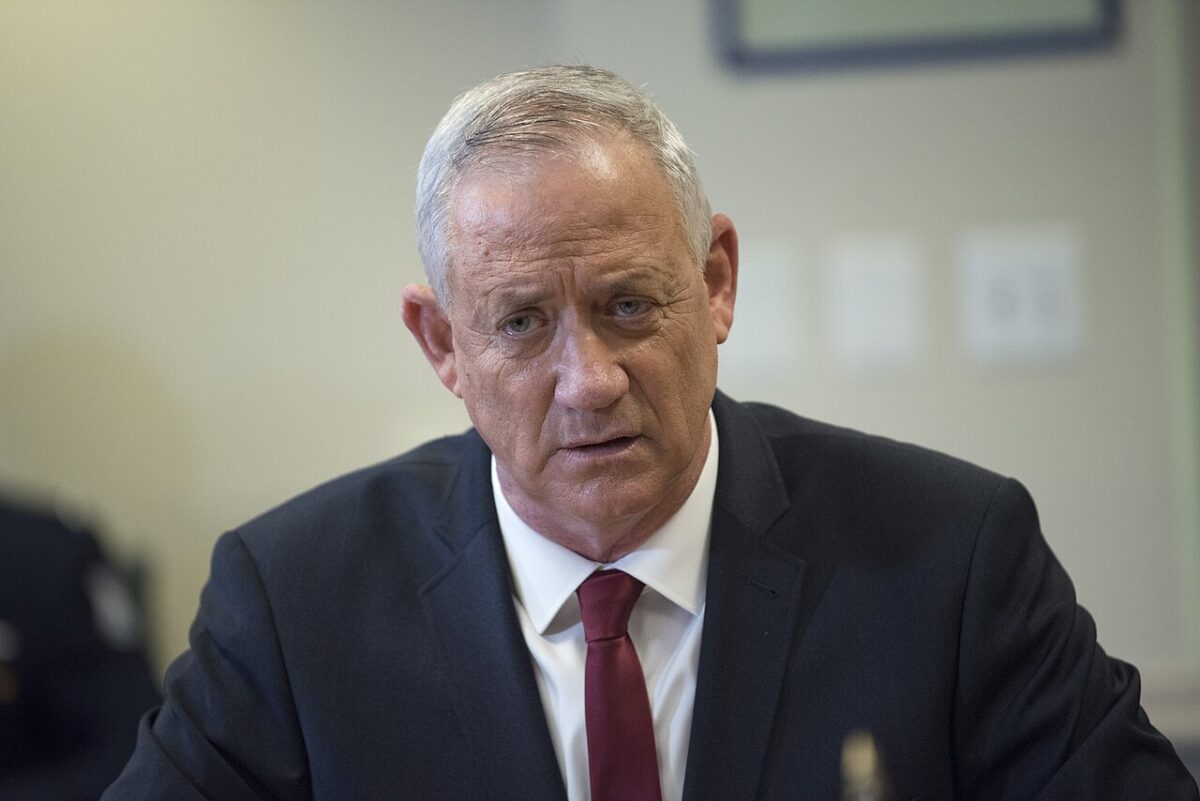Benny Gantz’s unauthorized visit to the United States earlier this week is likely a reflection of the growing tensions between President Joe Biden and Prime Minister Benjamin Netanyahu over the ongoing Israel-Hamas war and the future of the Gaza Strip.
Gantz, a member of Israel’s war cabinet, the leader of the centrist National Unity Party, a former defence minister and the ex-chief of staff of the armed forces, visited Washington, D.C. — and London — without Netanyahu’s approval.
He reportedly informed Netanyahu of his travel plan on the eve of his departure, whereupon Netanyahu sarcastically retorted that Israel has only one prime minister. Regarding Gantz’s trip as a ploy to undermine his authority, Netanyahu ordered the Israeli embassies in Washington and London to withhold assistance to him.
Israel’s minister of finance, Bezalel Smotrich, charged that the U.S. was using Gantz to drive a wedge between Israelis to advance its postwar plans in Gaza. Still another minister accused Gantz of being a “subversive.”
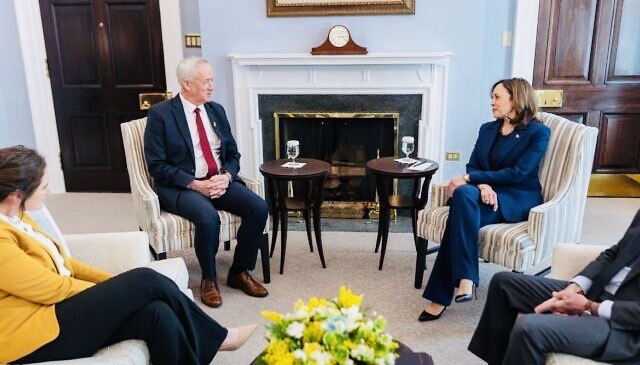
During his whirlwind visit to the U.S., Gantz met, among others, Vice-President Kamala Harris, Biden’s national security advisor, Jake Sullivan, and Democratic and Republican members of Congress.
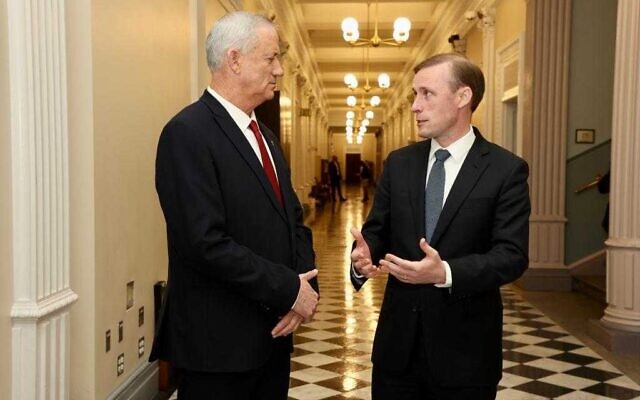
The Biden administration, whose patience with Netanyahu has been running thin of late, welcomed Gantz, Netanyahu’s rival, in the full knowledge that his trip had not been sanctioned by the Israeli government.
Perhaps it was payback time as far as Biden and Gantz were concerned.
Nine years ago, in a speech before Congress, Netanyahu infuriated and embarrassed the White House by denouncing an impending agreement between the United States, the major powers and Iran to curtail Iran’s budding nuclear program. Netanyahu was invited to address the chamber by the Republican Speaker of the House of Representatives. In condemning the nascent accord, Netanyahu angered President Barack Obama, Biden, his vice-president, and many of their fellow Democrats.
Netanyahu also left a trail of bitterness following one of the inconclusive general elections that took place in Israel between 2019 and 2021. Gantz, having promised his supporters he would never join a government headed by Netanyahu, subsequently broke his pledge in 2020 on the understanding that they would share the premiership on a rotation basis. To Gantz’s indignation, Netanyahu tricked him, a rank betrayal he never forgot.
A centrist and a security hawk, Gantz joined the special war cabinet after Hamas terrorists attacked communities and army bases in southern Israel on October 7, forcing Netanyahu to declare war and mobilize nearly 300,000 reservists. From the very outset, Gantz made it clear that he would remain in the cabinet only as long as the war lasted.
With the war still raging after five months of intense combat, Gantz is still a member of the cabinet. But he and Netanyahu are not entirely on the same page on at least two issues: the circumstances under which Israeli and foreign hostages will be released and the establishment of corridors to facilitate the passage of humanitarian assistance to the 2.3 million Palestinian civilians of Gaza, 85 percent of whom have been displaced from their homes.
Israel’s conduct of the war has exposed differences with the U.S. that have grown sharper as the Palestinian death toll has risen. By yesterday, 30,600 Palestinians had been killed, including about 13,000 Palestinian combatants.
Although the Biden administration supports Israel’s quest to destroy Hamas and remove it from power, the U.S. has consistently urged Israel to focus on surgical strikes to minimize civilian casualties and to allow far more aid into Gaza, where malnutrition and hunger have evolved into a problem.
In addition, the U.S. wants Israel to move civilians out of harm’s way before it launches a ground offensive into Rafah, Hamas’ last urban stronghold.
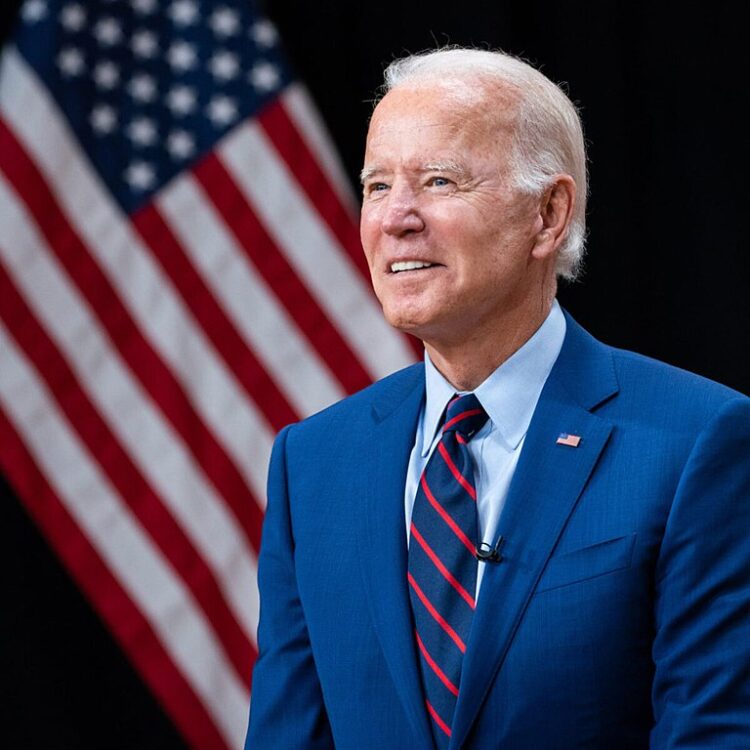
On a political level, Washington has promoted a two-state solution at a moment when mistrust of the Palestinians among most Israelis has never been higher. The U.S., too, has warned Israel that a reoccupation of Gaza would be counter-productive and unacceptable. Within the framework of a political solution, Biden is working to integrate Israel into the Arab world by promoting a historic rapprochement between Israel, Saudi Arabia and other Muslim states.
“Biden holds out hope for the most elusive of grand bargains, getting Israelis to accept the creation of a Palestinian state, in exchange for normalized relations with Saudi Arabia — which many Israelis see as a vital step toward long-term security,” a journalist wrote in The New Yorker last week after interviewing the president.
Netanyahu is not cooperating.
He regards Palestinian statehood as a threat to Israel’s security. He does not believe the Palestinian Authority should rule Gaza. The Biden administration thinks it should be in charge after a revitalization process encompassing a change in leadership. And contrary to the U.S.’ vision, he insists that Israel should maintain security control over Gaza for an indefinite period.
Due to these disagreements, Biden has gradually shifted his position on the war. Since January, he has decried Israel’s air campaign in Gaza as “indiscriminate” and labelled its overall response to the October 7 attack as “over the top.”
Last week, Biden expressed understanding of Israel’s “anger and rage” over the October 7 massacre. “But you can’t let the rage consume you to the point where you lose the moral high ground,” he said.
Nevertheless, the United States has continued to replenish Israel’s armory, vetoed three United Nations resolutions demanding a ceasefire, resisted calls for a permanent ceasefire, or a reduction of military aid to Israel.
On the eve of Gantz’s visit, the U.S. modified its policy in one major respect.
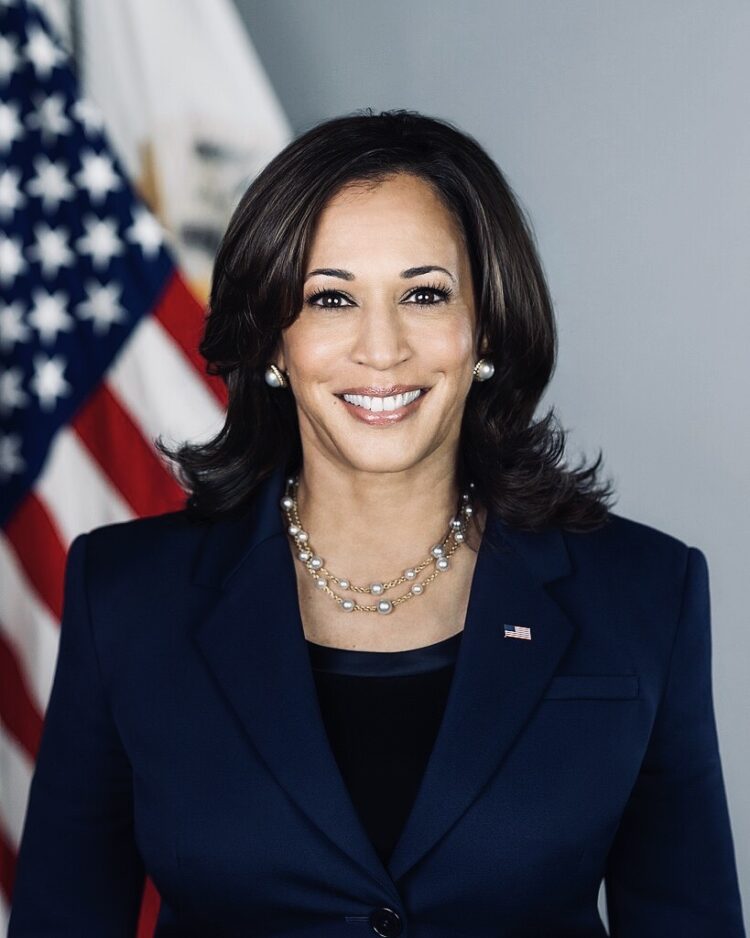
While Harris restated Washington’s support for Israel’s right of self-defence, she called for an “immediate” ceasefire, “given the immense scale of suffering in Gaza.” In a reference to the “humanitarian catastrophe,” she said that Israel “must do more to significantly increase the flow of aid” to Gaza. “No excuses.”
It was the first time that a senior Biden administration official had publicly come out in favor of an immediate truce. Until now, the U.S. had advocated “pauses” of several weeks in the fighting.
Harris also told Gantz she was deeply concerned by humanitarian conditions in Gaza and was engaged in trying to achieve a hostage deal.
On the heels of Harris’ comments, Biden, on March 5 called for a ceasefire before the Muslim holiday of Ramadan on March 10, warning that the situation could become “very, very dangerous” in the absence of a truce.
U.S. Secretary of State Antony Blinken and U.S. Defence Secretary Lloyd Austin voiced similar concerns and urged Israel to ensure that humanitarian assistance to Gaza is not delayed.
Speaking in the same vein, State Department spokesman Matthew Miller said that “the current situation is unacceptable and unsustainable.” Citing its aid airdrops into Gaza in coordination with Jordan, he said the United States is doing everything to increase the delivery of supplies and called on Israel to “take additional steps as well.”
It is clear that Israel and the United States are greatly at odds over several key issues revolving around the war in Gaza and its aftermath. Whether they can be resolved remains to be seen.
